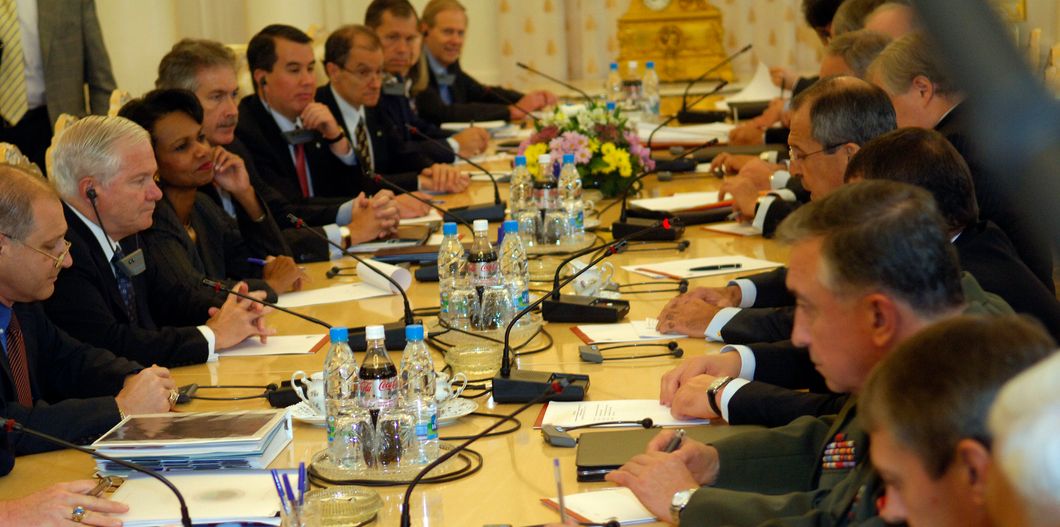Since the start of the Cold War, the United States of America has been considered a global power. In fact, after the crumble of the Soviet Union, the United States has become the world's unipolar superpower.
The competitive nature of American culture lends itself to pride in our global presence, strength and general dominance. But exerting influence through regime change, wars and even supporting allies — whether economically or militarily — is a subject of contention.
There are two questions to ask in deciding U.S. intervention policy. Firstly, does the United States owe the world a responsibility to participate in, help or dictate the outcome of global situations? The second question is to what degree does America owe that responsibility? The concern with answering this question is that there are two extremes, as there is with anything else. On one hand, some argue that we have no responsibility to the world. Others say that because of our dominance on the world stage, the entire world is our responsibility.
But those two perspectives are not the norm. What makes this subject so contentious is twofold: 1. Those who agree that we owe the world some degree of responsibility cannot agree on how much, 2. There is a split on what type of responsibility we owe the world. The first disagreement can never be solved. It is rare for anyone to agree "how much" should be done, even when they agree that something should be.
What's interesting about this debate is that it is divided into two lines. Progressive liberals tend to believe that military intervention and regime change are inappropriate. Conservatives are under the impression that economic contributions to the U.N. and NATO are an undue burden and are unfair to the American people.
At this point, you may be asking yourself why we can't provide both economic and military support to the world. Or even why they are not grouped together as "aid." What separates the two? Why does this separation exist? The answer is justice.
Many people believe it just to donate to international peacekeeping efforts, global coalitions and poor countries. It is argued that these contributions keep the peace, drive social change and may help the world make significant progress. Others find that it's just to eliminate tyrannical, controlling dictatorships, defend allies militarily and provide them with the military resources they need.
So, is there an answer to what type of support the United States should provide to the world? Not quite. Justice is at the root of every debate and drives the difference in opinion. However, there is certainly a cost associated with being a world superpower. The opportunity cost of dramatically cutting either form of global aid results in poor global relations and possible trade disagreements and may make the world worse off. What we are giving up (the world's good favor, friendly support, possible trade agreements, even political leverage) is not worth the gains that are made by becoming an isolationist country. I am willing to admit that it is in our best interest to provide aid and be a relevant player in the world — regardless of whether we have a responsibility to do so or not. There is a cost associated with being a world superpower that is paid in either aid or international relations.











